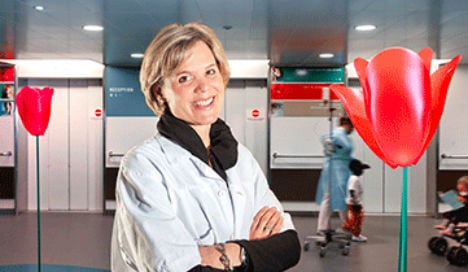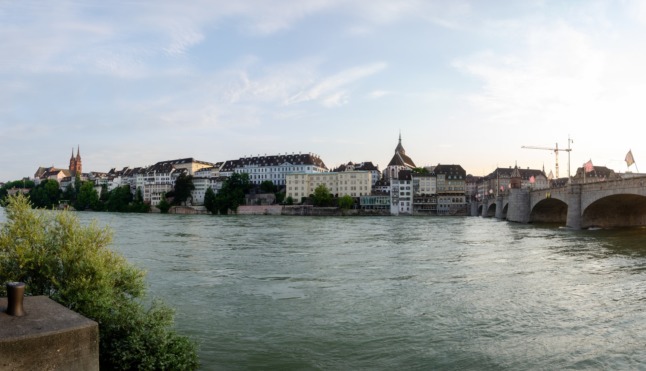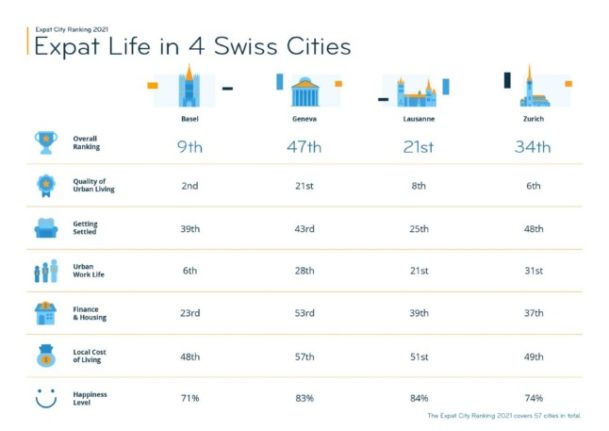GENEVA
Swiss surgeons split youngest Siamese twins
Swiss doctors have separated eight-day-old conjoined twin sisters fused at the liver and chest -- the youngest ever successfully separated, a Swiss paper reported Sunday.
Published: 31 January 2016 16:50 CET

Dr Barbara Wildhaber is head of the paediatric surgery unit at the Geneva University Hospital. Photo: University of Lausanne
Five surgeons, assisted by two nurses and six anaesthesiologists, carried out the successful, five-hour operation last month to separate the tiny identical twins, the Le Matin Dimanche weekly reported.
Maya and Lydia were born at Bern hospital two months prematurely along with their triplet sister Kamilla on December 2. The two were joined by the liver and the chest.
The conjoined twins were initially stable and doctors had planned to allow them to settle after birth and separate them after a few months.
But after a week, their situation deteriorated dramatically: one suffering from hypertension and the other suffering from the opposite condition, known as hypotension.
Both conditions were life-threatening to the frail twins, who weighed just 1.1 kilo (2.4 pounds) each, and the doctors decided their only chance was attempting surgery never before performed on such young infants.
Separating the babies' liver put both under massive pressure, said Barbara Wildhaber, head of the paediatric surgery unit at the Geneva University Hospital, who headed the team that carried out the surgery on December 10.
“We were prepared for the death of both babies, it was so extreme,” she told Le Matin Dimanche.
But the surgery succeeded.
“It was magnificent! I will remember it my entire career,” Wildhaber said.
Since their surgery, Maya and Lydia have been recovering well, they have put on weight and have begun breast feeding, the paper reported.
The pair is among only about 200 separated conjoined twins currently living around the globe, it said.
Also known as Siamese twins, conjoined siblings are identical twins who in rare cases, about one in 200,000 live births, are born with their skin and internal organs fused together, according to the University of Maryland Medical Centre website.
About half are stillborn, and the survival rate is between five and 25 percent. They develop from a single egg, which splits in the case of healthy twins, but not fully in the case of conjoined siblings.
Url copied to clipboard!



 Please whitelist us to continue reading.
Please whitelist us to continue reading.